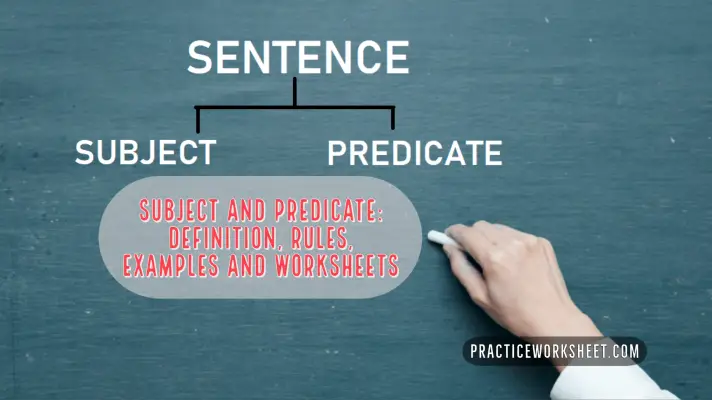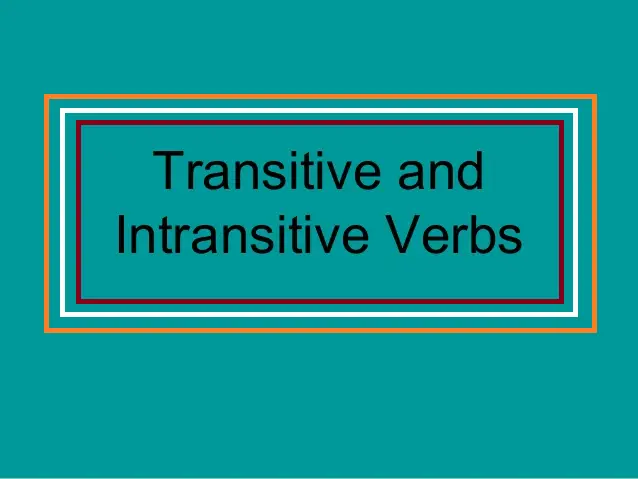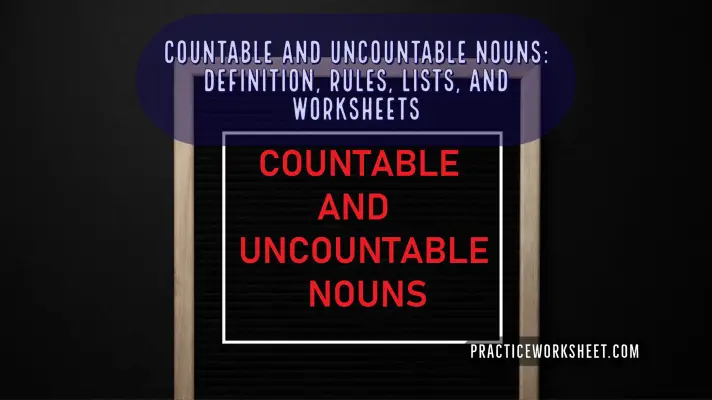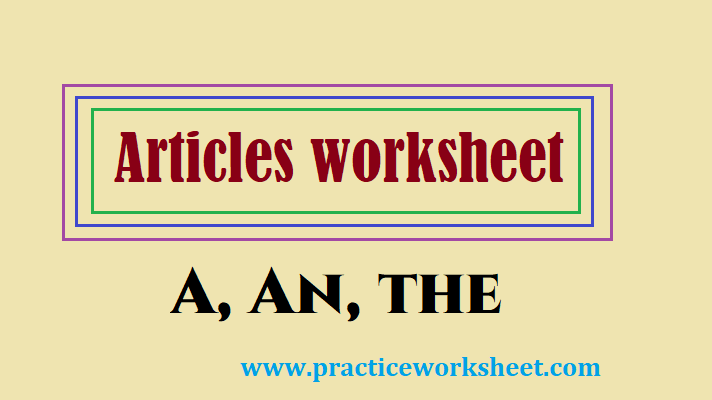An infinitive is an action word that capacities as a thing, descriptor, or modifier to offer a viewpoint, the motivation behind an article or activity, or answer the inquiries who, what, or why.
An infinitive as a rule starts with “to” and is trailed by the base type of an action word (the basic type of the action word that you would find in the word reference).
For English action words, the infinitive (base structure) is motioned with ‘to’, which stands preceding it in the vast majority of the cases (for exemptions for this training, examine split infinitive). A few instances of infinitives are:
to go, to do, to drink, to hear, to acknowledge, to fly, to work out, to compose, to watch, to break, and so forth.
An infinitive action word is “to” trailed by an action word. Assuming you will study, or to drive, or to cook, you are utilizing infinitive action words. Continue to peruse for infinitive models in various sentences, just as their various structures and capacities.
Examples of Infinitive Verbs
You can frame an infinitive action word by adding “to” before any base action word. Infinitive action words are not formed like different action words; they stay in their infinitive structures in a sentence. Instances of normal infinitive action words include:
- to be (I need to be a space explorer.)
- to dream (James hopes against hope about landing the position.)
- to have (We will have a child.)
- to hold (Do you need to hold the little dog?)
- to look (I’m reluctant to take a gander at the untidy room.)
- to peruse (The main graders are figuring out how to peruse this year.)
- to compose (I’m intending to compose a letter to the organization.)
- to rest (It’s an ideal opportunity to rest.)
- to toss (If Gina doesn’t get everything she might want, she will pitch a fit.)
- to need (It’s normal to need your group to win.)
Despite the fact that infinitives incorporate action words, they are not action words. Infinitive action words are verbals, and that implies they can be utilized as things, modifiers, or qualifiers. Contingent upon the words they follow, infinitives can work as various pieces of a sentence, yet not action words.
Instances of Infinitive Verbs as Adverbs
At the point when infinitives follow a descriptor, they’re working as modifiers. They can likewise change the action word in the sentence to respond to the inquiry “Why?” For instance:
- Billie is at last all set.
- I ascended the mountain to see the view.
- Peruse the manual to see more about fixing the sound system.
- Cameron goes to see the world.
- I purchased a fix to quit smoking.
- My father will be so glad to meet you!
- You are so natural to converse with.
- Kelly went to the store to purchase apples.
- How about we purchase snow stuff to go skiing.
- I attended a university to turn into a designer.
Notice that any of these infinitives can show up in any sentence. Everything relies upon how they’re working and what they’re adjusting. Regardless, infinitives are an incredible method for adding more detail to a sentence.
Instances of Infinitive Verbs as Adjectives
Infinitives can likewise alter things in a sentence. At the point when infinitive action words go about as descriptors, they portray the thing that they follow.
- Do you have any clothing to wash?
- My cherished dinner to make is macaroni and cheddar.
- The best technique to utilize is the involved strategy.
- The Superbowl is the game to watch.
- Peter is a troublesome person to comprehend.
- He unquestionably gave me something to contemplate.
- That watch is an important treasure to pass down.
- This what is unquestionably significant to know.
- You’ll forever have a sister to trust in.
- History is my most un-most loved subject to study.
In contrast to infinitives that go about as things in the sentence, adjectival infinitives answer the inquiry “What kind?” For instance, in the sentence “Do you have any clothing to wash?” the infinitive “to wash” explains why sort of clothing you’re searching for.
Instances of Infinitive Verbs as Nouns
Infinitives can work as things when they follow specific action words. In these cases, the infinitive action word is functioning as an immediate item or backhanded article. At the point when there are extra words after the infinitive action words, they become infinitive expressions. For instance, in the accompanying sentences, the action words are stressed and the infinitives are bolded.
- We chose to go out.
- I need to swim in the pool.
- Mother loves to give gifts.
- Do you commit to come clean?
- I’d like to see an activity film.
- He reminded her to go midtown.
- To move is my daughter’s fantasy.
- I might want to thank you for coming out this evening.
- He prefers not to drink soft drink from a can.
- I neglected to take my nutrients today.
These infinitive action words and expressions answer the “What?” questions presented by the action words in the sentences. For instance, in the primary sentence, “We chose to go out,” the infinitive expression “to go out” addresses the inquiry “What did we choose?”
Kinds of Infinitives
An infinitive can be a to-infinitive or uncovered infinitive (without to). There is no contrast between them. So we can order them as follow.
- 1. Uncovered infinitive
- 2. Full infinitive
- 3. Split infinitive
1. Instances of uncovered Infinitives
You’ve seen a few instances of infinitive action words that incorporate “to” – yet only one out of every odd infinitive does. These are known as uncovered infinitives, which work the very same way as infinitive action words do. They follow modular assistant action words (can, ought to, will, would, will, could, may, might, etc) in a sentence. For instance:
- I can sit tight for the outcomes. (NOT “I can to hang tight for the outcomes”)
- Would it be a good idea for us to call our folks? (NOT “Would it be advisable for us to call our folks?”)
- Henry may loan us his truck. (NOT “Henry may to loan us his truck.”)
- Our family will be OK. (NOT “Our family will to be alright.)
These infinitives work as objects to the modular action words (I right? I can stand by) in the sentences. They work the same way in sentences with action words of insight (hear, see, feel, sense) and action words of consent (bid, let, need, know, help, would be advised to, sooner than, would prefer, etc). For instance:
- Oliver made me share my lunch with him.
- You would do well to come clean with me.
- Tracker would prefer to go to class.
- I saw her swim ten laps.
- Lola likes you.
- Would you be able to assist me with conveying this higher up?
It might appear to be hard to remember these principles and action words. Notwithstanding, you are the best adjudicator of when to utilize exposed infinitives. In the event that a sentence sounds off-kilter with “to,” feel free to attempt the exposed infinitive.
2. Full Infinitives:
The point when an infinitive is utilized with the word ‘to’ or to + infinitive is called the full infinitives.
To + infinitive = full infinitive.
Employments of Full Infinitives:
Full infinitives can work as a thing, a modifier, or an intensifier in a sentence.
As Subject: To call, after everything hardships don’t appear to be beneficial. (‘To call’ is the activity that drives the sentence)
Direct Object: They all need to go. (‘To go’ is the immediate article that can be a substitute for a thing that gets the activity of the action word in the sentence)
Subject Complement: The object is to win. (‘To win’ is the subject supplement. A Subject supplement resembles an immediate item, click on the connection to understand more: Basic Sentence structure)
Adjective: He wasn’t permitted to take an interest. (‘To take an interest’ adjusts permitted, it depicts what kind of stipend is being talked about, so the expression fills in as a modifier)
Adverb: He assigned his name to the group to make a decent attempt. (‘To make a decent attempt’ clarifies why the assigning of his name occurred, so it’s an intensifier adjusting the action word selected)
At the point when we utilize full infinitive, we are generally alluding to the current infinitive, there are, be that as it may, four other types of the full infinitive:
- The ideal Infinitive (“to have + third of the action word” generally found in restrictive kind 3)
- They pardoned to have played the match.
- The ideal Continuous Infinitive (“to have been + verb+ ing” is utilized to communicate a proceeding however presently finished activity).
- They more likely than not been working for a really long time.
- The ceaseless Infinitive (“to be + action word + ing” is utilized to communicate a proceeding with activity after an action word or assistant which should be trailed by the infinitive).
- You should kid.
- The detached Infinitive (“to be + third of the action word” is utilized in certain developments utilizing the latent voice. It is especially normal after assistant action words (may, ought to, could, and so on)
3. Split Infinitives
At the point when you place a qualifier or word intensifying expression between the ‘to’ and the action word and split the infinitive form ‘to’ is called the parted infinitive.
To painstakingly stroll, to strongly go, to truly play, and so on
- The mentor encouraged the players to truly play and dominate the game.
- The educator advised us to rapidly finish the task.
- We are here to influentially show infinitives and its sorts
Utilizing split is denounced as a rule; notwithstanding, they are normally recorded as a hard copy, everything being equal. However, recall when you are in question; try not to involve split infinitives in your sentences.
The infinitive can be utilized as a thing. As a thing, it tends to be the subject or object of the action word.
- To observe issue is simple. (Here the infinitive ‘to find’ is the subject of the action word is.)
- To blunder is human. (Here the infinitive ‘to blunder’ is the subject of the action word is.)
- He jumps at the chance to play a game of cards. (Here the infinitive ‘to play’ fills in as the object of the action word likes.)
- I would rather not go. (Here the infinitive ‘to go’ fills in as the object of the action word need.)
- The infinitive can likewise be the supplement of an action word.
- Her most noteworthy delight is to sing. (Here the infinitive ‘to sing’ is the supplement of the action word is.)
- The infinitive can likewise be the object of a relational word.
- The speaker is going to start. (Here the infinitive ‘to start’ is the object of the relational word about.)
The infinitive can likewise be utilized to qualify an action word.
- He called to see my sibling.
- We eat to live.
- I came to cover Caesar.
The infinitive can be utilized to qualify a descriptor.
- Figs are great to eat.
- The young men are restless to learn.
- He is too sick to even consider accomplishing any work.
The infinitive can be utilized to qualify a thing.
- This isn’t an ideal opportunity to play.
- Here is a house to let.
The infinitive can be utilized to qualify a sentence.
- To come clean, I don’t have any interest in legislative issues.

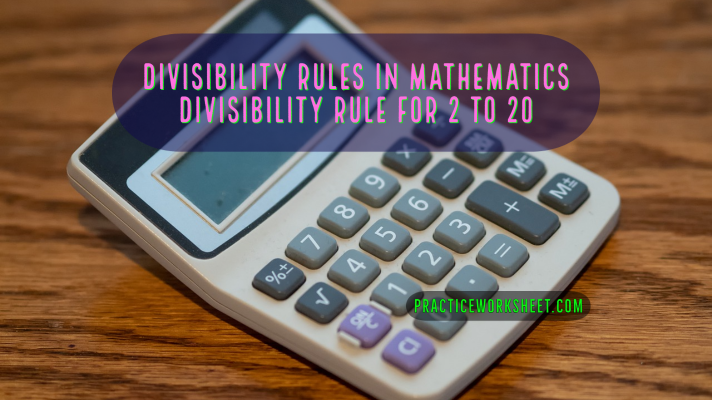
![Singular and Plural Nouns: Definition, Rules, Examples, and Worksheets [With PDF] Singular and Plural Nouns](https://practiceworksheet.com/wp-content/uploads/2020/11/Singular-and-Plural-Nouns.png)
